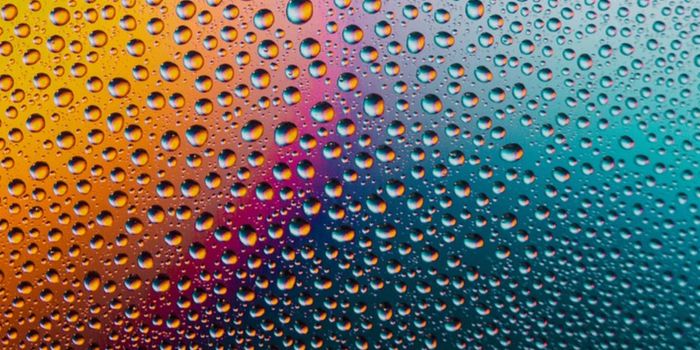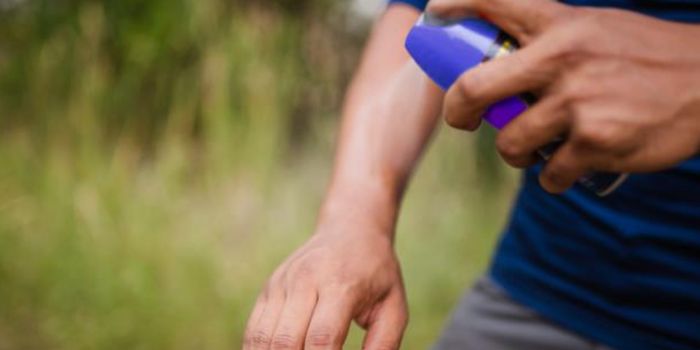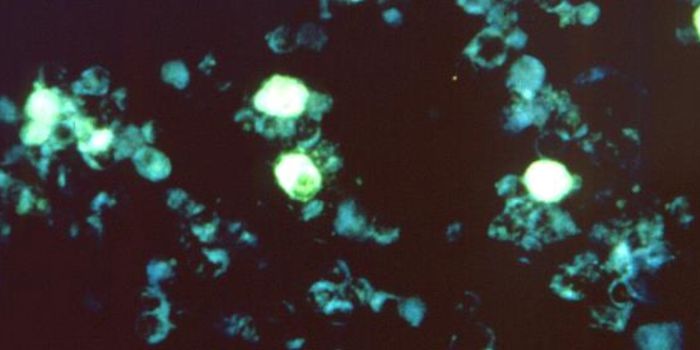Probiotics Can Help Save Honey Bees From a Fatal Disease
Probiotics are live microbes that are usually intended to promote the healthy function of the human gastrointestinal system. Now scientists have figured out how to use them to keep honey bees healthy. The probiotics can help protect honey bees from a pathogenic bacterium that can wreak havoc on hives, called American Foulbrood. The work has been reported in The ISME Journal, a Nature publication.
"Probiotics aren't just for humans," said Gregor Reid, Ph.D., a Professor at Western University's Schulich School of Medicine & Dentistry and Endowed Chair in Human Microbiome and Probiotics at Lawson. "Our idea was that if you could use beneficial microbes to stimulate the immune response or attack the pathogens that are infecting the hives, then maybe we can help save the bees."
Honey bees are critical to agriculture; they are crop pollinators and can help increase yield, as well as produce honey. These important insects are threatened, however, by a number of detrimental influences including habitat destruction, climate change, pesticides, and pathogens like parasites, viruses, and bacteria.
"Bee colonies are really interesting little microcosms of biology. There are lots of individuals bees, but they are all genetically related and they are living in a close confined space," said Graham Thompson, Ph.D., an Associate Professor in the Faculty of Science at Western who studies bee behavior and biology. "They are all very susceptible to contagious disease and they are demographically disposed to outbreaks."
Researchers at Western University and Lawson Health Research Institute have used a fruit fly model to show that pesticides damage the honey bee immune system, leaving them vulnerable to the impacts of pathogens. To find a solution, they turned to probiotics and added them to the honey bee food BioPatty in their experimental apiary.
During this assessment, the hives were accidentally contaminated with the bacteria P. larvae, which causes the American Foulbrood hive disease. This bacteria would normally cause bees to die.
Instead, the researchers found that in the hives that were given probiotics, a measure of the severity of an infection, the pathogen load, was decreased by 99 percent. Many bees survived the exposure than would normally be expected. The researchers also found that the probiotic-treated bees had an increase in their immunity to the pathogenic bacterium.
"The results from our study demonstrated that probiotic supplementation could increase the expression of a gene called Defensin-1 - a key antimicrobial peptide shown to play a pivotal role in honey bee defense against P. larvae infection," explained the first author of the study, a graduate candidate at Schulich Medicine & Dentistry. "Alongside these findings, we also observed an increase in pathogen clearance and overall survival of honey bee larvae."
The scientists also discovered that bees that received BioPatty without the probiotic were most susceptible to the pathogen, faring even worse than bees that weren't given anything. The researchers suggested that this could indicate that supplementing bee colonies with additional food may actually help the pathogens grow.
"Long term we hope to add a viable, practical and available treatment alternative to chemicals and antibiotics that beekeepers can readily adopt into their bee-keeping habits to help prevent colony collapse," said Thompson.
Sources: AAAS/Eurekalert! via University of Western Ontario, The ISME Journal









